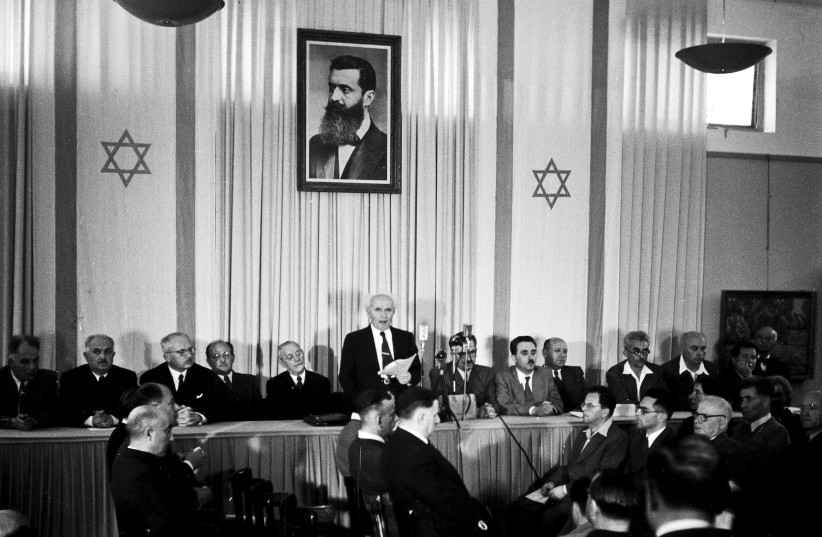The Nine Days of Av, culminating in Tisha B'Av (the ninth of Av), are among the most solemn periods in the Jewish calendar, marking devastating events that have occurred to the Jewish people over millennia. From ancient to modern times, these days have been marked by loss and mourning, resonating deeply within the collective Jewish consciousness. Ahead of a potential Iranian attack on Israel, The Jerusalem Post explores significant tragedies that have occurred during this time.
The sin of the spies
According to Jewish tradition, the seeds of the Nine Days’ sorrow were sown when the Israelites, wandering in the desert, accepted the false report of the spies about the Promised Land. This lack of faith condemned that generation to die in the wilderness.
Destruction of the First and Second Temples
The destruction of the First Temple by the Babylonians in 586 BCE and the Second Temple by the Romans in 70 CE is central to the observance of Tisha B'Av. These catastrophic events not only resulted in massive loss of life but also marked the beginning of the Jewish diaspora.
The Battle of Betar
In 135 CE, the Bar Kochba revolt against Roman rule ended in a tragic defeat at the Battle of Betar, with the fall of the last Jewish stronghold and the massacre of thousands of Jews.
Expulsions from England, France, and Spain
Throughout medieval Europe, Jews faced repeated expulsions. On Tisha B'Av in 1290, Jews were expelled from England by King Edward I. This was followed by their expulsion from France in 1306 and the infamous Alhambra Decree of 1492, ordering the expulsion of Jews from Spain.
The First Crusade
The declaration of the First Crusade by Pope Urban II in 1096 led to widespread massacres of Jews, particularly in the Rhineland. These tragic events are remembered as some of the darkest moments in Jewish history.

Modern tragedies since the establishment of the State of Israel
Since the founding of the State of Israel in 1948, the Nine Days of Av have continued to be a period marked by significant incidents and conflicts, reflecting ongoing challenges and sorrow.
1994 AMIA bombing
Although it occurred in Buenos Aires, Argentina, the bombing of the AMIA Jewish Community Center on July 18, 1994, profoundly affected Jews worldwide, including those in Israel. The attack, which killed 85 and injured hundreds, was a stark reminder of the persistent threats against Jewish communities globally.
2006 Second Lebanon War
Beginning on July 12, 2006, the Second Lebanon War between Israel and Hezbollah brought widespread devastation, particularly in northern Israel. The conflict started during the Three Weeks leading up to Tisha B'Av but not within the Nine Days.
2014 Gaza War (Operation Protective Edge)
The summer of 2014 saw the escalation of conflict between Israel and Hamas in Gaza. Operation Protective Edge, which unfolded during the Nine Days of Av, led to intense military operations and civilian suffering.
The Nine Days of Av serve as a reminder of the suffering endured by the Jewish people throughout history. From ancient to modern times, these days call for reflection, mourning, and a renewed commitment to peace and resilience.
